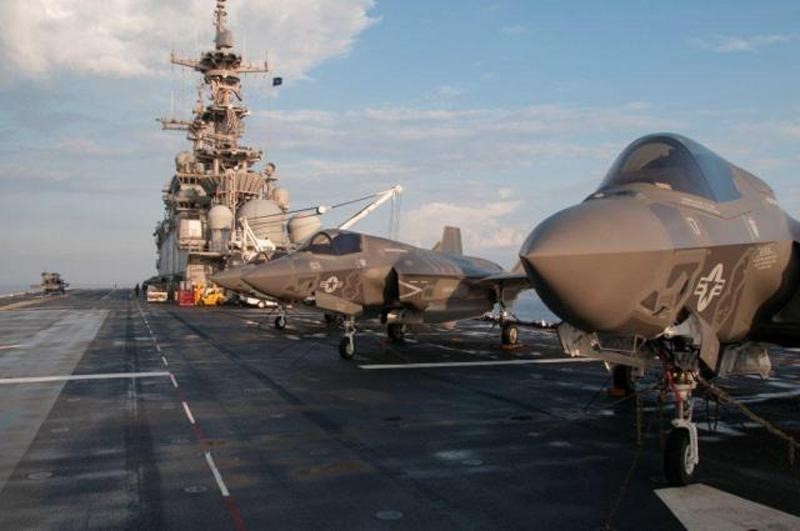By Andrea Shalal
FORT WORTH, Texas (Reuters) - The U.S. Defense Department on Tuesday said it hopes to reach agreement this fall with Lockheed Martin Corp (NYSE:LMT) on contracts for the next two batches of F-35 fighter jets in a deal that could be worth $15 billion.
"We're still in negotiations," Frank Kendall, defense undersecretary for acquisition, technology and logistics, told reporters after a ceremony marking the rollout of the first F-35 jet built for Norway. "I hope that they'll conclude by this fall."
Officials with Lockheed, the Pentagon's No. 1 supplier, echoed Kendall's view that negotiations for 60 jets in the ninth batch of jets, and 100 jets in the 10th batch could be wrapped up a bit earlier than initially predicted.
Pentagon and Lockheed officials had previously said only that they hoped to reach a deal by the end of the year.
U.S. defense officials are in separate talks with Lockheed for the aircraft, and Pratt & Whitney, a unit of United Technologies Corp (NYSE:UTX), for the jet's F135 engines.
The department in November 2014 awarded Lockheed a contract valued at $4.7 billion for an eighth batch of F-35 fighter jets, a 43-jet deal that lowered the average price per jet by 3.5 percent from the last contract.
The government signed a separate contract valued at $1.05 billion for an eighth batch of engines built by Pratt & Whitney.
U.S. Air Force Lieutenant General Chris Bogdan said the failure of Congress to pass a budget for fiscal 2016, which begins Oct. 1, could result in a long-term resolution continuing spending at last year's levels, which would trim the Pentagon's planned F-35 purchase by 19 jets, 16 A-model jets and 3 B-model jets.
"Those airplanes are moving down the production line today, so if we're not able to buy them in FY16, we'll have to do something to ensure that those airplanes eventually get bought," he said.
Kendall said a long-term continuing resolution would have a "very negative effect" on the F-35 program, which is just preparing for a major ramp up in production that the department is counting on to lower the cost of the new aircraft.

He said the department was looking at whether to hold off making some of the major commitments it planned in fiscal 2016 until the congressional budget issue was resolved.